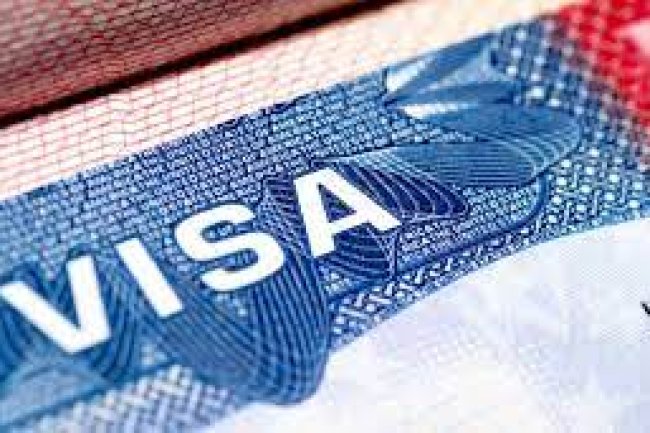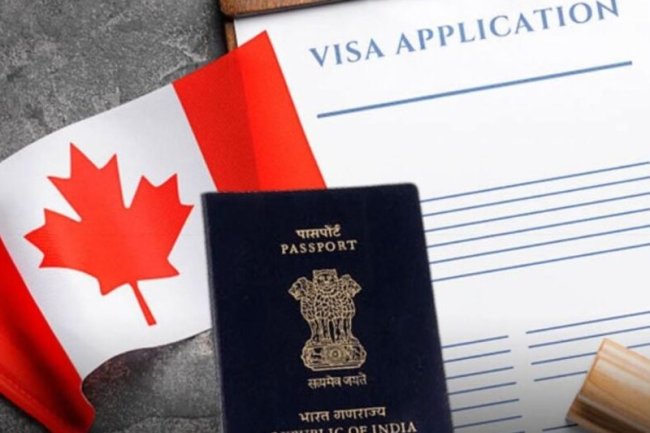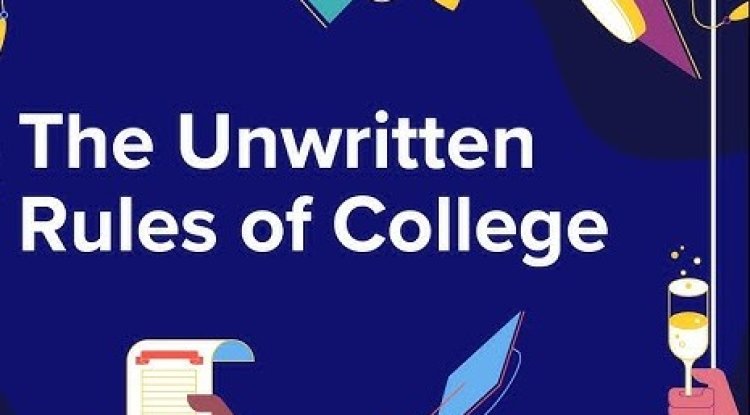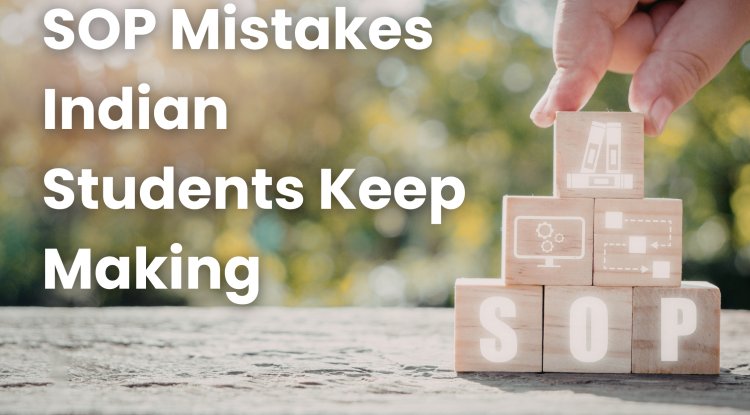Obtaining a student visa stamp is the first step in beginning an international study program after receiving an offer letter from a university. What should one do if their application for a student visa is denied?

Obtaining a student visa stamp is the first step in beginning an international study program after receiving an offer letter from a university. What should one do if their application for a student visa is denied? There are a few specific and ambiguous causes for this. Therefore, if you want to study academics overseas and avoid having your visa denied, it is better to find good consultants who can assist you through these tedious steps and make your life much easier. We at ACHIVIA provide end-to-end services required for studying abroad.
What is a student visa?
A student visa is a permit issued by a country allowing an international student to study at an educational institution in that country.
Why is student visa important?
Holding a visa affects your life abroad directly as well as indirectly.
Legal permission to study: A student visa allows a person to study legally in a foreign country for a specified period of time.
Access to resources: With a student visa, students can access educational resources and opportunities in the host country.
Career prospects: Studying abroad can increase a person's employability and career prospects.
Cultural exposure: A student visa offers the opportunity to live in and experience a new culture, broaden one's perspective, and learn new languages.
Networking: Studying abroad can provide opportunities to meet people from different backgrounds and create a global network.
Types of Student Visa
You will require a student visa to study in the United States as a foreign national. The sort of school or program you intend to attend will decide whether you require an F-1, J-1, or M-1 visa based on your intended course of study.
Student Visa Type F: The most popular type of student visa in the US is the F-1. The F-1 visa enables international students to register in academic degree-granting programs at US colleges. This category also includes high schools, colleges, and other academic programs. In the F-1 student visa interview, you will need to attest to and provide evidence for several things as part of your student visa application, such as how you will pay for your education, your ties to your home country, your intention to return, your particular degree program, and why you selected your university.
J-1 Visa: International students who plan to participate in exchange programs at US universities or institutions are eligible for the J-1 student visa. A nonprofit organization or educational institution must sponsor your enrollment in the program, and it must be approved by the Department of State's Bureau of Educational and Cultural Affairs.
M-1 Visa: Students pursuing non-academic or vocational education in the US, such as culinary school, technical courses, medical coding, cosmetology, massage therapy, plumbing, or car repair, are eligible for the M-1 visa. Only 1-2 percent of student visas are M-1 visas.
Reasons for Visa application rejection?
If your visa application is rejected, the first step is to determine the reason for the rejection. This information is usually provided by the visa-issuing authority and can range from administrative errors to missing documentation. Once you have identified the cause, you can take steps to address the issue and reapply for the visa if necessary. Usually, the reason for your visa denial will be stated in your letter, albeit depending on the category, it might not be very explicit.
Here are some common reasons for visa rejections and what to do about them:
Incomplete or incorrect information: Ensure that you have filled out all required fields on the application and that the information you provided is accurate.
Insufficient funds: Provide evidence of sufficient funds, such as bank statements or a letter from an employer, to show that you can financially support yourself while in the country.
Inadequate travel plans: Provide a detailed itinerary showing your trip's purpose, travel dates, and accommodation arrangements. If you don't provide adequate proof of money to show that you can support yourself and your family financially, including living expenses, tuition, and travel costs, your visa approval may be at risk.
Poor visa history: If you have previously overstayed or been deported from a country, you may need to provide additional documentation or explain the circumstances of the previous incident.
Security concerns: If the visa-issuing authority has concerns about your potential to pose a security threat, they may reject the visa. You may need to provide additional documentation or attend an in-person interview to address these concerns.
Other reasons: If you don't demonstrate strong ties to your home country, this may cast doubt on your plans to return there after finishing your studies. Further, if your current family situation is unclear as a result of events like an unfinished adoption, a divorce, a custody dispute, etc. may result in a refusal.
If your visa is rejected, you may have the opportunity to reapply and correct any errors or provide additional information. If your visa application is denied for severe reasons such as security concerns, consider alternative options for travel. It is essential to work with a professional visa consultant or immigration lawyer to ensure that you are taking the appropriate steps to secure a visa and avoid future rejections.
What to do after your visa application has been rejected?
Don't worry! There are a few steps you can take:
Review the decision: Read the letter from the visa office carefully to understand the reason for the rejection. If the cause is unclear, you can request more information from the visa office. Additionally, if you explain your logic behind choosing a specific study program to the Visa officer, they will accept your student visa application. So it is advisable to keep crisp answers ready.
Address the issue: If the rejection was due to a specific issue, such as insufficient financial support or missing documentation, gather the necessary information and reapply.
Appeal the decision: If you disagree with the decision, you may be able to file an appeal. The appeal process and available options will vary depending on the country and specific circumstances of your case.
Consider alternative options: If you cannot overcome the reasons for rejection, consider alternative options such as studying in a different country, enrolling in another program, or taking online courses.
Consult an expert: Consider consulting with an immigration lawyer or educational consultant who can provide guidance and assistance throughout the visa application process.
Remember, acting promptly and thoroughly addressing any issues is important to increase your chances of success in future visa applications.
Conclusion
Applying for a study visa is a crucial process, and skipping it could mean failure. Because student visa applications might be rejected for a number of reasons, meticulous planning is required. You can always reapply if your visa application is rejected for any reason. A beautiful and exciting life awaits you once you successfully navigate all the challenges and receive acceptance for your study visa.
That was all about the actions you can take and pursue if you're wondering what to do if your application for a student visa is denied. You can ask the visa experts at ACHIVIA for additional guidance to accomplish your dream of studying abroad.
What's Your Reaction?




















